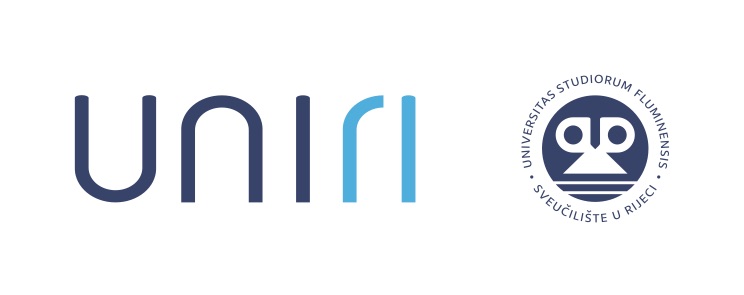Welcome to the WE-COLLAB(*) Project website
and collaboration platform
(*) Collaborative and transparent use of Learning Analytics in online university courses, valuing the learner role and exploiting advanced monitoring equipment
go to the home of the WE-COLLAB community
We are currently at a critical junction on the road to the digital transformation of higher education: At the beginning of the COVID-19 crisis, higher education institutions rushed to adopt online teaching on a scale never seen before. Now, as countries across Europe are scaling up their vaccination programs and ease lockdown restrictions, many students no longer want the rigidity of a single mode of delivery, and prefer more flexible blends of asynchronous, synchronous and F2F modes.

Inexperienced online teachers tend to replicate their face-to-face courses instead of redesigning them in order to address the challenges of online learning. Under-resourced IT units are not able to provide teachers with the expertise they need to re-think their pedagogy and to provide effective and inclusive instruction to all their students.

The project WE-COLLAB will directly address challenges that often characterise poorly designed online courses, such as ‘Zoom fatigue’, higher levels of distractibility and information overload. Non-cognitive challenges will include lack of self-regulation and a sense of being isolated from teachers and peers.
Another objective is to help teachers build higher levels of engagement into the course design, using innovative methods of identification of cognitive and emotional states derived from research on behavioural and neurophysiological data analysis.

A third objective deals with enabling teachers to utilize learning analytics (LA) to recognize the need for extra attention, when the impossibility of communicating nonverbally makes it extremely difficult to to identify online students at risk of dropping out.
But LA can also provide an essential support to students' self-regulated learning strategies as well as channels to send implicit and explicit feedback signals to the teachers, as long as tracking and analysis tools are introduced transparently and used in a controlled manner in order to create a climate of mutual trust.
The project will also provide an experimentation environment for assessing and improving new approaches to the analysis of learning materials and teaching styles in order to achieve higher levels of student engagement in learning, both in emergency situations - like the one we faced in 2020-2021 - and in the “new normality”.
go to the home of the WE-COLLAB community
The project consortium consists of eight institutions - research centers, universities, and SMEs - representing six European countries:
Croatia, Denmark, Greece, Italy, Lithuania, and Spain.
 |
|
 |
|
 |
|
 |
 |
go to the home of the WE-COLLAB community
The WE-COLLAB project lasts from February 2022 to January 2025 thanks to the funding by the ERASMUS+ Programme under Agreement No. ..

